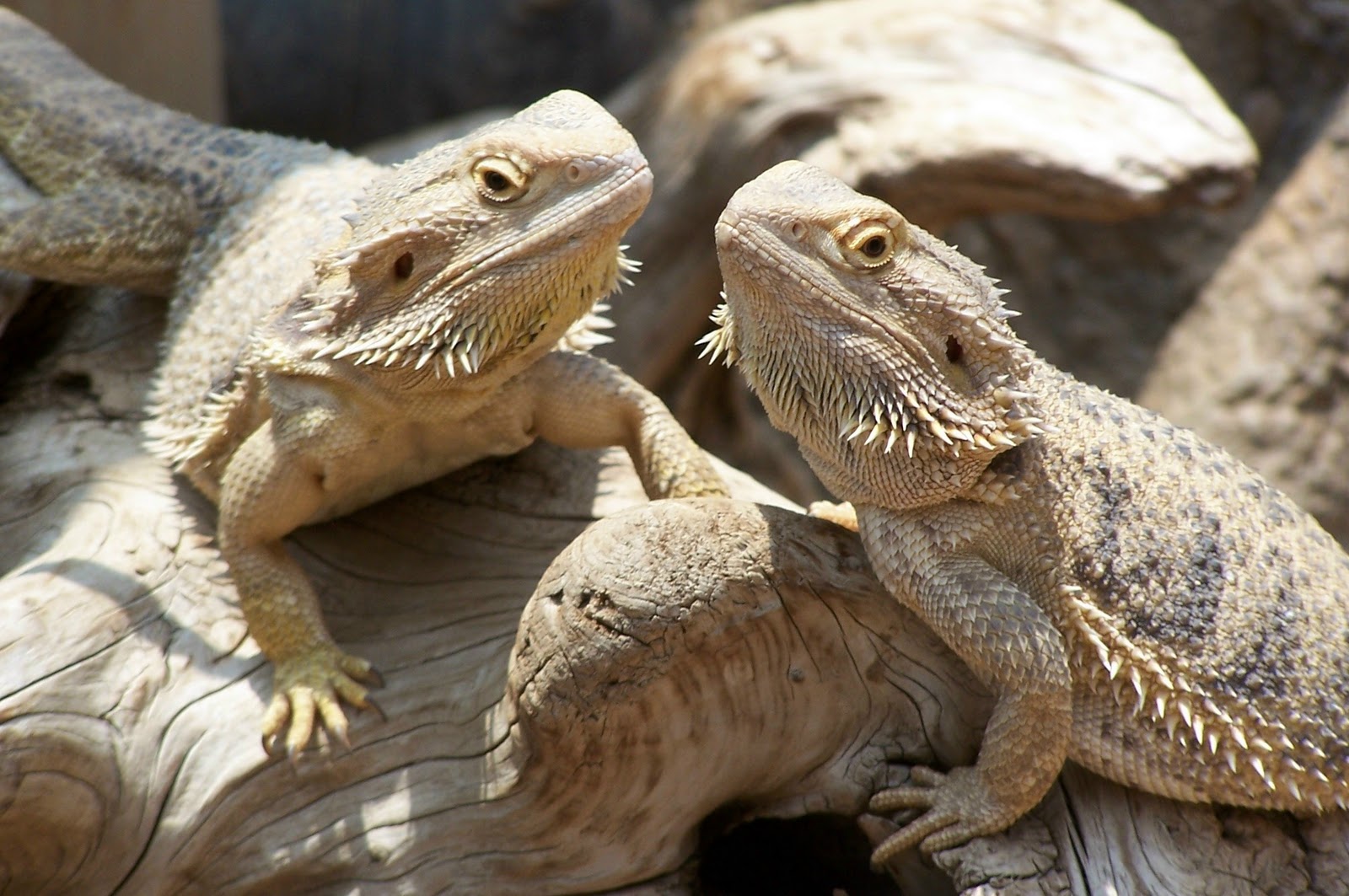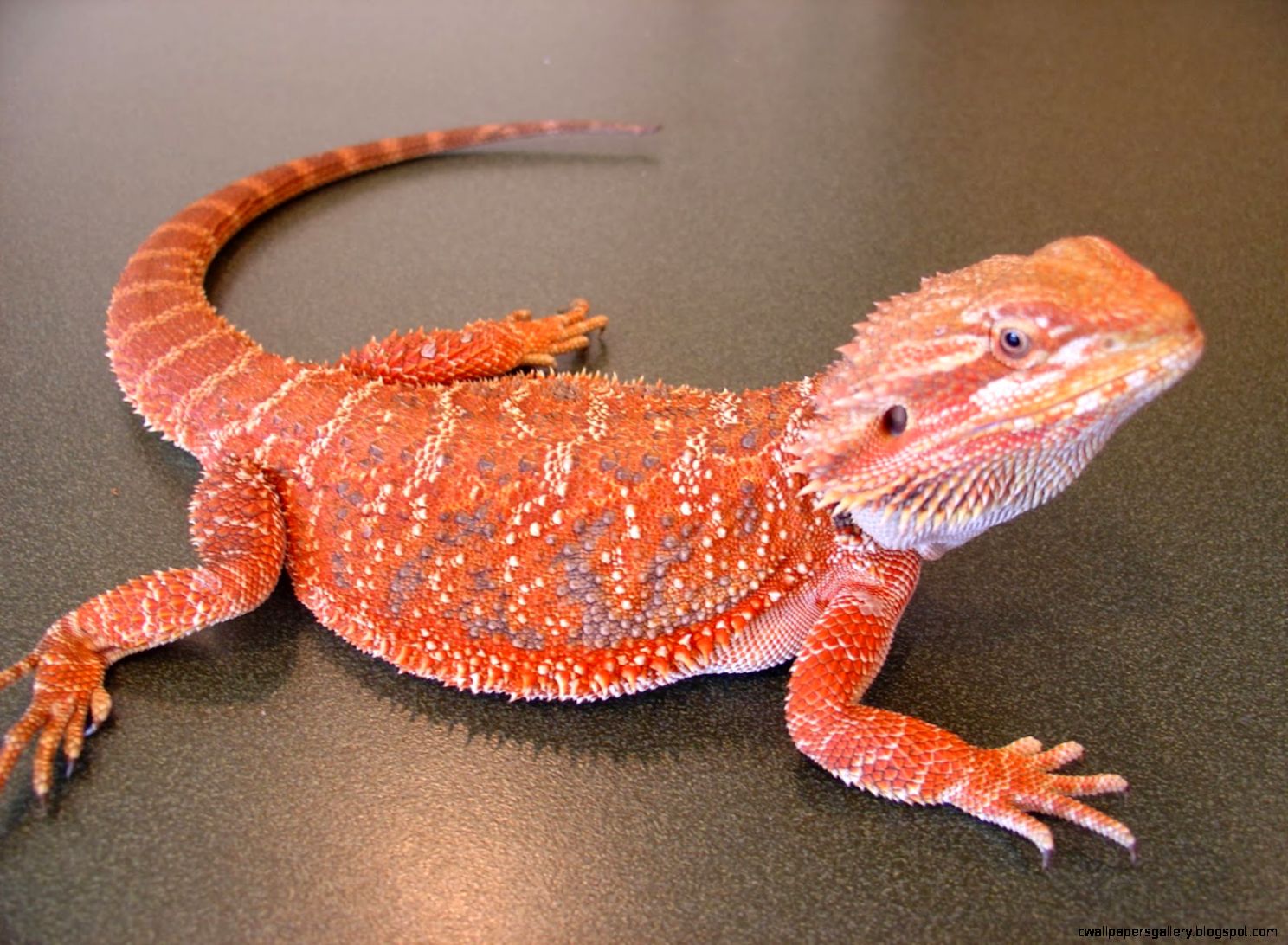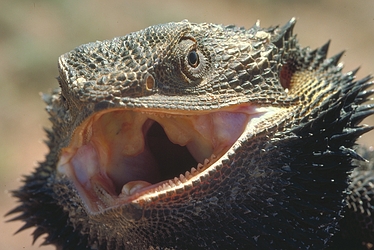Bearded Dragon Baby: Everything You Need to Know About Raising a Baby Dragon
Introduction
If you are considering getting a bearded dragon baby as your new pet, congratulations! These cute and charming reptiles make great companions and are relatively easy to care for. In this guide, we will cover everything you need to know about raising a bearded dragon baby, from setting up their habitat to feeding and health care.
Habitat Setup
One of the first things you need to do before bringing home your bearded dragon baby is to set up their habitat. Bearded dragons are desert reptiles that require a warm and dry environment. The minimum size for a bearded dragon habitat should be 40-gallon tank for a baby, with a screen top for ventilation. However, bigger is always better, and your bearded dragon will appreciate more space to move around and explore.

Make sure you provide a temperature gradient in their habitat, with a basking spot of 100-110°F and a cooler area of 80-85°F. You can achieve this by using a heat lamp or ceramic heater and a thermostat to regulate the temperature. Add a substrate such as reptile carpet or paper towels, and provide hiding spots, logs, and basking rocks for your baby dragon to climb and explore.
Feeding and Nutrition
Feeding your bearded dragon baby is crucial for their growth and health. Baby bearded dragons eat more insects than vegetables, and as they grow, their diet will shift to include more greens and less protein. Offer your baby dragon a variety of gut-loaded insects such as crickets, dubia roaches, and mealworms. You can also feed them small amounts of vegetables such as kale, collard greens, and squash.

Watch your baby dragon’s weight and adjust their feeding accordingly. Offer food once a day, and remove any uneaten insects after 15 minutes to avoid overfeeding and health issues. Provide clean water in a shallow dish, and mist their habitat daily to maintain humidity.
Health and Care
As a responsible pet owner, you need to monitor your bearded dragon baby’s health and provide appropriate care. Some common health issues in bearded dragons include metabolic bone disease, respiratory infections, and impaction. Regular visits to a reptile vet and a clean and well-maintained habitat can prevent most health problems.

Clean your baby dragon’s habitat weekly, and spot-clean any feces or uneaten food daily. Provide UVB lighting for 10-12 hours a day to promote vitamin D synthesis and bone health. Handle your baby dragon gently and frequently to socialize and bond with them. Be aware that bearded dragons can live up to 15 years or more, and require a long-term commitment.
Conclusion
Raising a bearded dragon baby can be a rewarding and fun experience if you follow the basic guidelines and provide the appropriate care. Remember to set up a warm and dry habitat, offer a balanced diet, monitor their health, and handle them gently. With proper care, your bearded dragon baby can grow into a healthy and happy adult dragon that will bring joy to your life for years to come.

